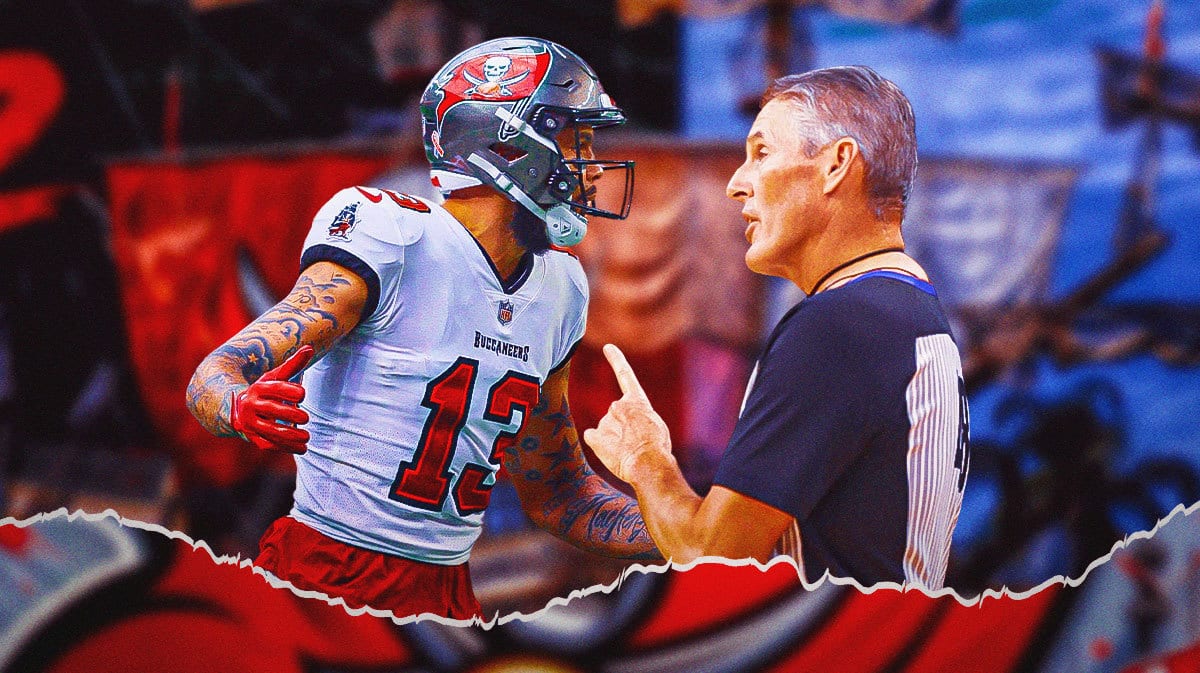
The Tennessee Titans have been highly active during this offseason, making significant changes to their roster. They successfully outbid both the New England Patriots and the Jacksonville Jaguars to acquire Calvin Ridley’s talents and later added Tyler Boyd in free agency. Additionally, they replaced Derrick Henry with Tony Pollard and orchestrated a deal to bring in L’Jarius Sneed and Chidobe Awuzie, both All-Pro caliber cornerbacks, to address their struggling secondary. Notably, they also bolstered both offensive and defensive lines with top 40 draft picks, securing JC Latham and T’Vondre Sweat.
General manager Ran Carthon’s restructuring of the team aims to distinguish these Titans from the run-heavy squads associated with former head coach Mike Vrabel’s tenure. However, the success of these changes hinges greatly on the performance of their quarterback, Will Levis.
Levis, in his limited appearances, has displayed the unpredictable nature typical of a rookie second-round quarterback. Despite being part of a team with subpar pass-blocking and recording a league-leading average of 10.6 air yards per throw, Levis has faced challenges, including attempting passes to heavily covered receivers like DeAndre Hopkins. While this led to some notable achievements, such as a four-touchdown debut, it also resulted in some struggles, including a league-worst completion rate of 58.4%, frequent sacks, and a 3-6 record as a starting quarterback.
Carthon is banking on an upgraded supporting cast to unlock Levis’s potential, similar to how the Buffalo Bills transformed their quarterback, Josh Allen. The Titans’ acquisitions, including Latham to protect Levis, and a trio of reliable wideouts in Hopkins, Ridley, and Boyd, aim to provide Levis with the tools he needs to succeed. While this strategy carries risks, considering Levis’s performance thus far and the lack of pre-draft accolades compared to Allen, there are parallels suggesting potential growth in Levis’s trajectory.
However, expecting Levis to replicate Allen’s success is a tall order, given Allen’s unique journey and skill set. Carthon’s decision to invest in Levis reflects the team’s limited options in the quarterback market and the anticipation of a weak quarterback class in 2025. While the outcome of the Levis experiment remains uncertain, it represents a calculated risk for the Titans, offering a pathway to success amidst challenges and uncertainties.


